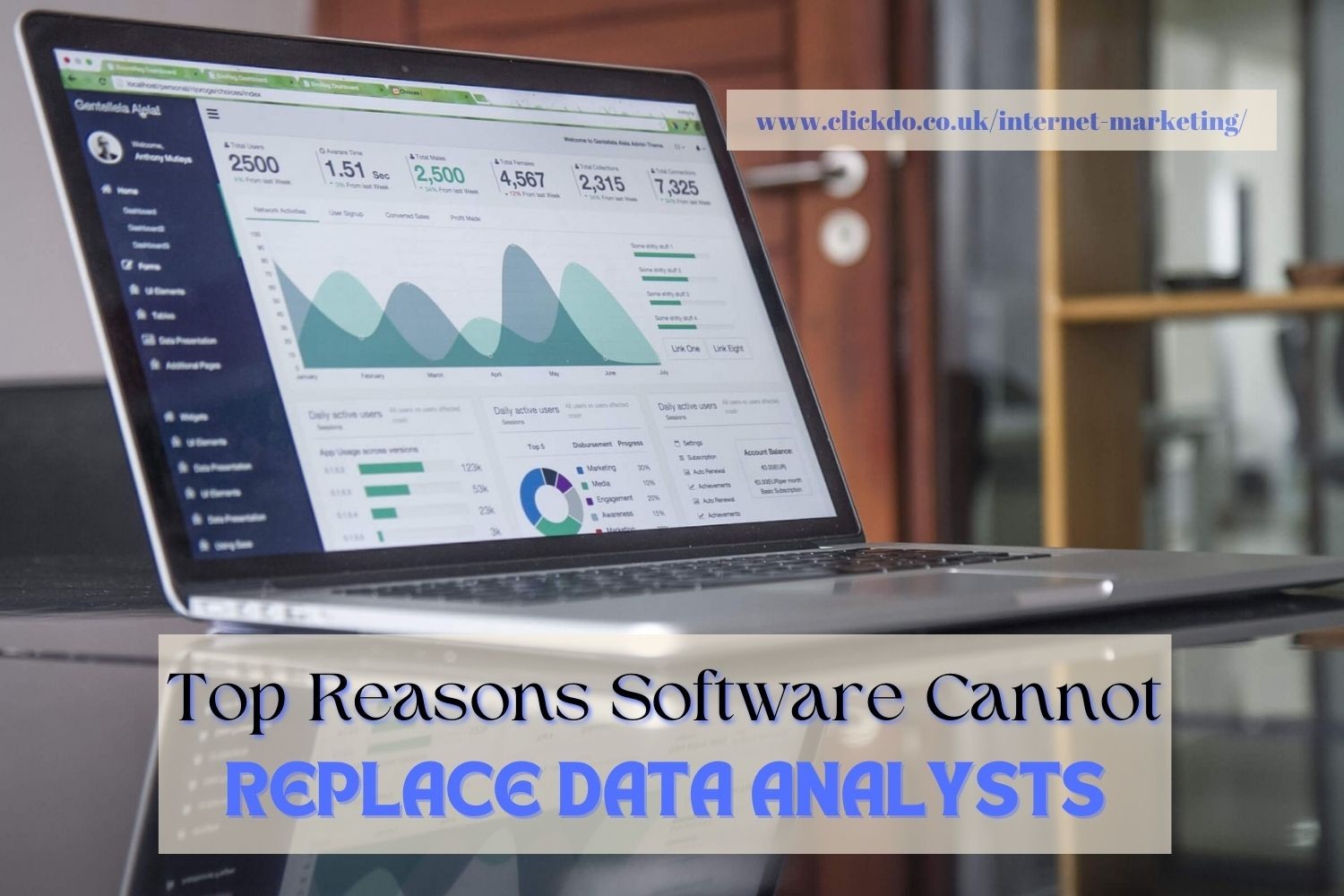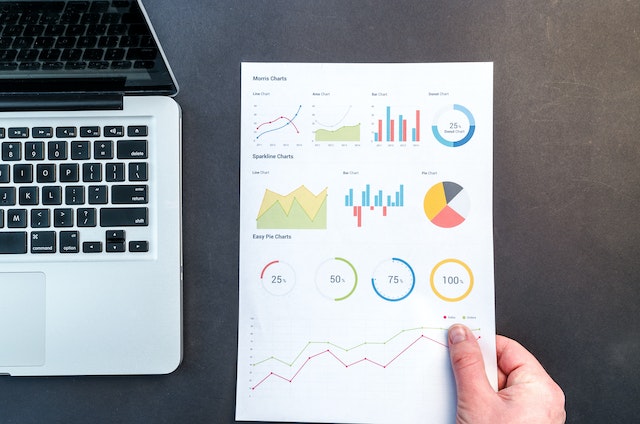
4 Top Reasons Software Cannot Replace Data Analysts that Offer Impeccable Marketing Results
If you run an online business and still aren’t using big data to your benefit, it’s time to strategize!
Do you know, that about 40% of companies frequently deal with Big Data?
The reason for this is quite simple – using Big Data helps you find potential business risks; lets you know what your customer wants and helps in customer acquisition and retention. This means businesses can rely on actual data rather than predictions and make a marketing strategy accordingly.
Now, the real question is – if we already have software to perform these operations, is there a need for data analysts?
Well, there are a lot of factors that come into the picture here. Things like, is your business a start-up or you’ve been running it for a while now? In the former case, Big Data tools cannot prove to be much of help because to run an analysis, you first need to have sufficient data. Big data is a collection of different data and requires techniques to structure unstructured data.
While if you have a business up and running for a while, Big Data is a must since it will help you enhance your marketing strategies and target the right audience. One of the important concepts of Big Data is text analysis. What is text analysis? you may think. Well, simply put, it helps you extract meaning behind lots of unstructured data.
We now know how important AI is to a business today. However, when it comes to whether AI will replace data analysts, the answer remains no. AI and data analysts go hand in hand.
Undoubtedly, tools help you make your marketing strategy more efficient as you can rely on the data. However, it does not help you create a strategy from scratch, it just helps you enhance one.
In this article, we will look at a few reasons why AI cannot replace Data analysts working for businesses. So, without further ado, let’s jump right into it.
4 Reasons why the software won’t replace Data Analysts
No matter how much technology advances, it will never replace data analytics as a concept. Let us see four reasons for the same.
1. Decision-making capacity is more in data analytics

Ever thought about how bad it would impact even if one single server is connected to the wrong network? Well, things can go haywire and might even be messed up beyond repair. This is why you need analysts to look after the system and make prompt decisions as and when required.
AI tools can analyze customer behavior and offer you predictions. However, they aren’t yet capable of making decisions at the right time. So, data analytics offer crisp solutions on what should be done to increase the outcomes.
It is rather simple – AI has the right tools, but what is the use of it if there is no expertise in applying these tools?
2. Your people know your business better

AI tools provide solutions to a problem statement. So, who knows your business problems better than the people working in your organization? Once you have a clear problem statement at hand, then you can rely on your subject matter experts to use the right tools to solve it.
The reason why you need subject matter experts here is that you want to take a decision within a given period. Your employees have already seen the highs and lows of your company and who to go for the information they need. That level of experience is indispensable. AI tools and machine learning can never replace what your employee knows about your company and the data.
3. Analysts know your data inside out

No matter which industry you are in, you must have compartmentalized data. That is to say that there are always specific employees/users who have access to particular data. To get the most out of an AI business platform, you should consider shifting to Data ecosystems.
What are data ecosystems? Data ecosystems refer to a model in which all team members get a more holistic view of business data which accelerates the decision-making process. Some benefits of Data ecosystems include:
- Increases user engagement and user retention
- Uses ML to find relationships between data
- Updates team members of changes via notifications
- Tracks conversions and marketing campaigns
- Analyses individual users
With a data ecosystem, you grant more access to data which allows everyone to understand it better.
If all members strive to understand data better, it could create a deeper understanding of the impact it has on achieving your business goals. However, this is not a quick process. If you want to educate teams on using data effectively, you will need to give it time and effort.
Your goal is to bring your team a step closer to data, right? This is possible if you can equalize access to machine learning tools. This will not only bring them closer to data but will also increase their data literacy during the process.
4. Data analysts know how to communicate

Your business may have subject matter experts or Data Analysts dealing with your data for quite some period. Now, even if they use AI tools to predict a certain scenario, would a machine learning program be able to effectively communicate the results to other members? Clearly, the answer is ‘No’.
The most that a tool can do is compare the previous result with the current one and predict the outcome. Not only can it not communicate the results, but even the problem. With Data Analysts in the picture, there is no room for assumptions regarding what should be done and what should not be done.
This is how the subject matter experts help in identifying the meaning behind the data extracted from AI and communicate it as well. A tool is incapable of inserting such expertise into the workflow and deriving the meaning behind the results.
Wrapping up whether the software will replace data analysts and offer marketing results
While AI is an important aspect in enhancing marketing strategies, eventually, it’s the people who have a deeper insight into these strategies. You might be tempted to think that data is simply numbers or stats, however, that is not the case. Data has meaning. It has history and to comprehend and deal with the history, human minds are a must.
So, although the business world will keep advancing in the AI domain, it certainly does not imply that it will replace Data Analysts in the future. Even if we consider the slimmest chances of that happening, it is not so soon. Data comes from people and it’s the people that understand it the best.
Author Bio
 Parita Pandya is an Engineer turned Writer. She usually finds herself writing for businesses. When she is not writing, she is either strumming her guitar or penning her thoughts down on paritapandya.com.
Parita Pandya is an Engineer turned Writer. She usually finds herself writing for businesses. When she is not writing, she is either strumming her guitar or penning her thoughts down on paritapandya.com.

